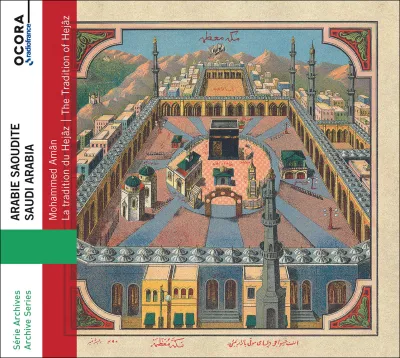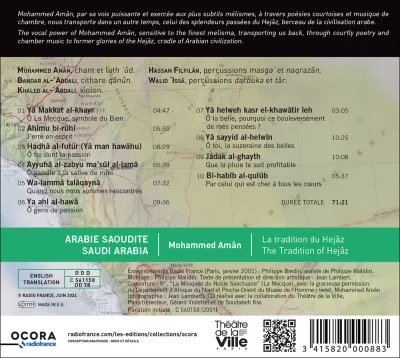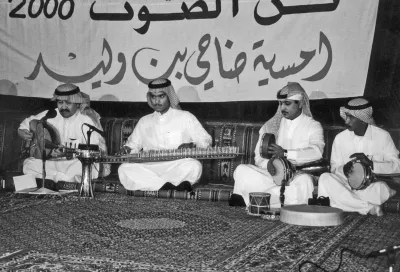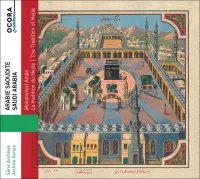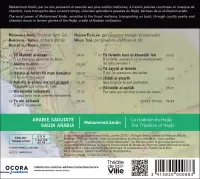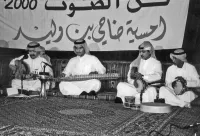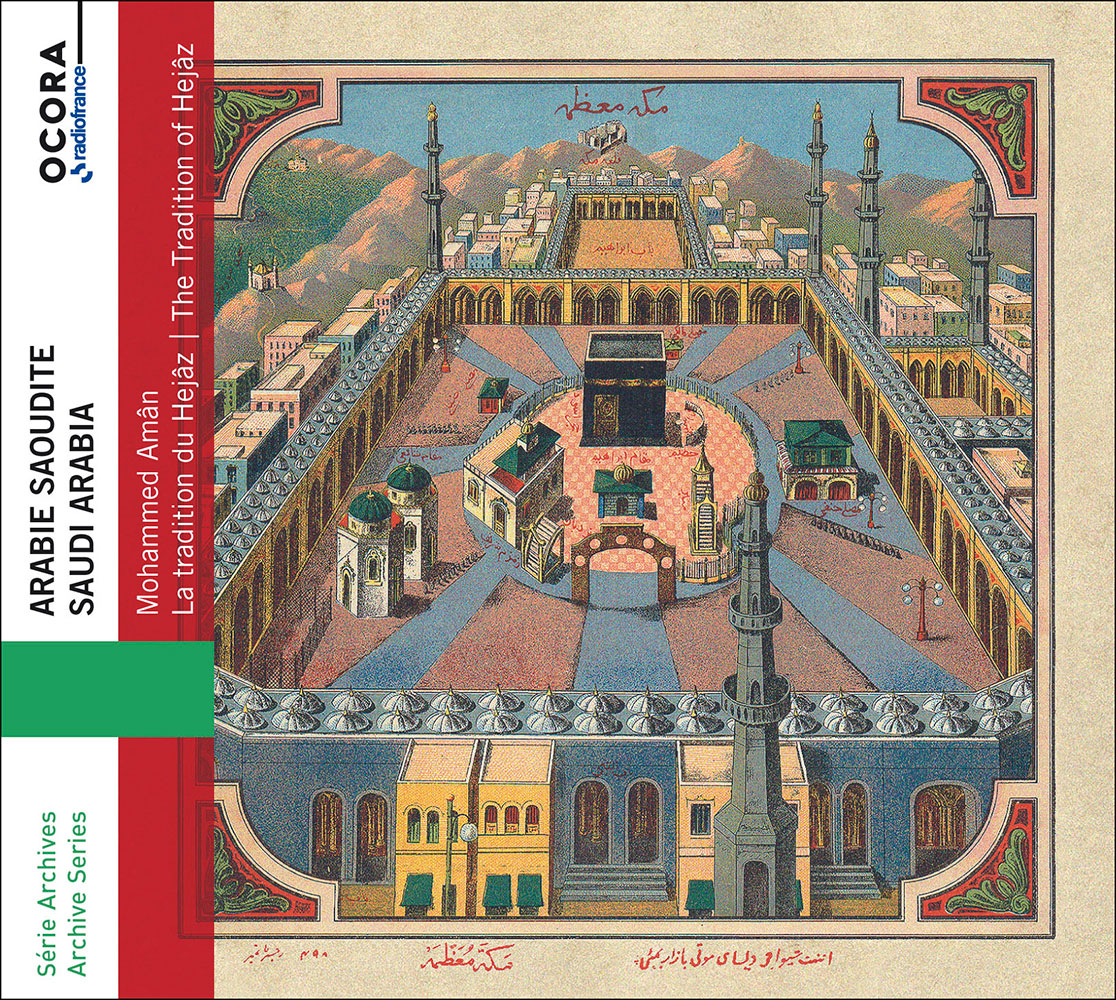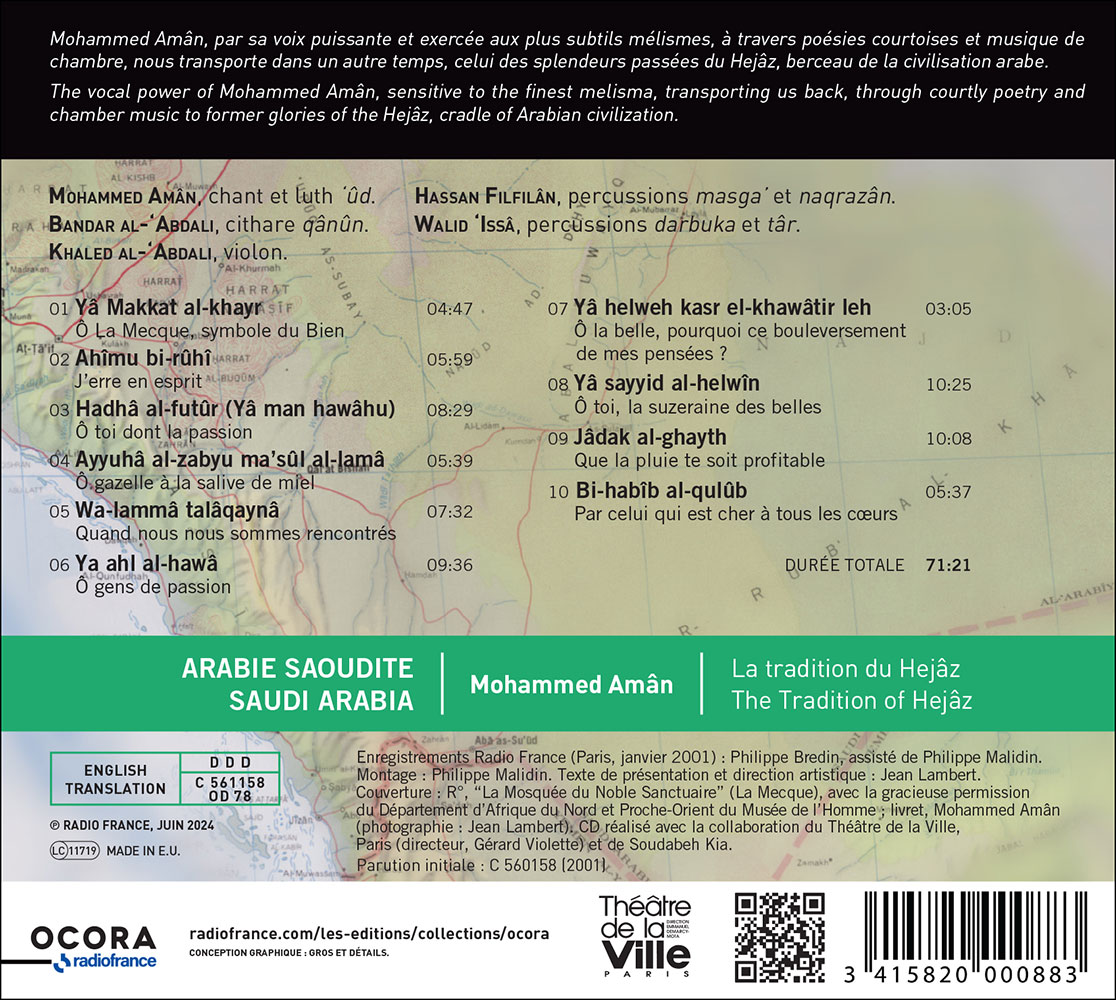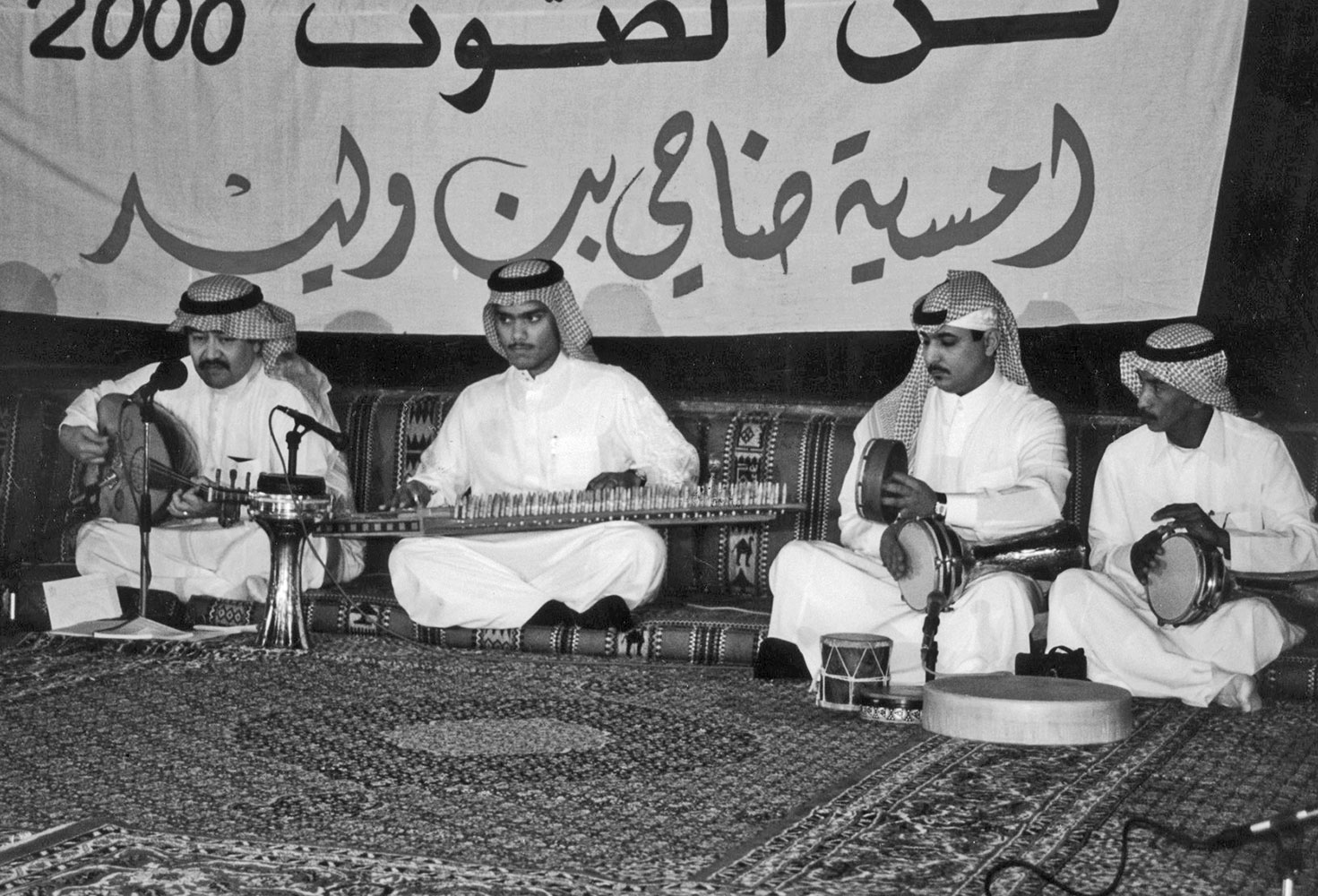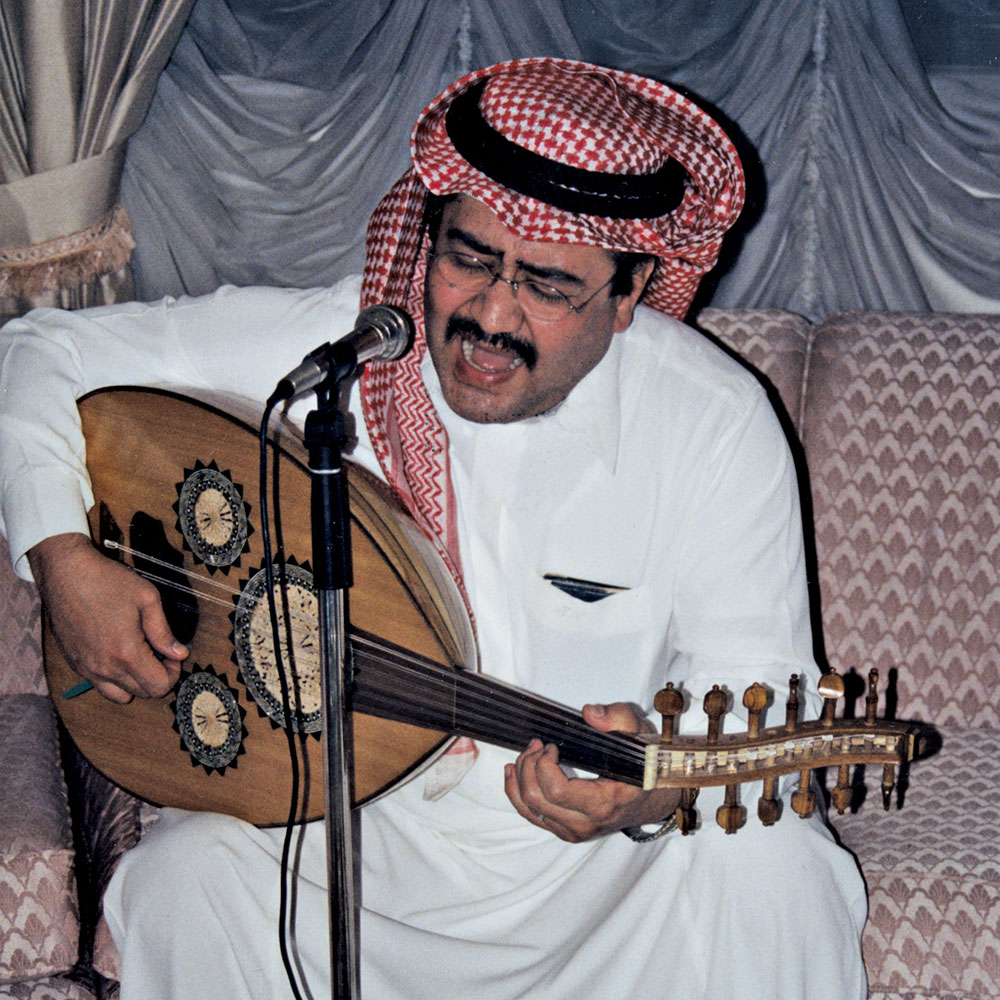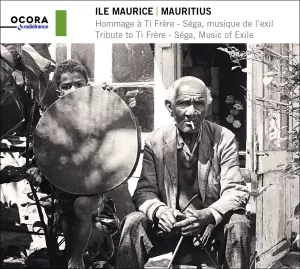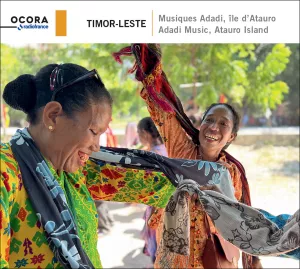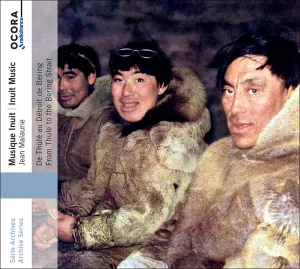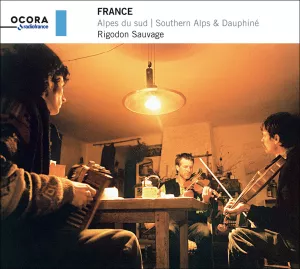Arabie saoudite. La tradition du Hejâz
1 CD – Durée 71’21. [Première parution réf. C 560158, sortie 2002]
Mohammed Amân, par sa voix puissante et exercée aux plus subtils mélismes, à travers poésies courtoises et musique de chambre, nous transporte dans un autre temps, celui des splendeurs passées du Hejâz, berceau de la civilisation arabe.
En 1925, le Hejâz est intégré au Royaume d'Arabie Saoudite qui naît après l'effondrement de l'Empire ottoman, mais l'histoire du Hejâz est bien plus ancienne.
Dès avant l'islam, le Hejâz était un haut lieu de poésie et de musique ; c'était la foire annuelle de ‘Ukâz, où les tribus de toute l'Arabie venaient s'affronter dans des joutes poétiques. Avec l'islam, Installée à Damas, la dynastie des Omeyyades conserva cependant aux villes du Hejâz toute leur importance et si La Mekke et Médine attireront des pèlerins du monde entier, elles s'épanouiront aussi dans le domaine des arts et des lettres.
Les musiciens formaient une classe à part, beaucoup étaient d'anciens esclaves affranchis, d'origine africaine, persane ou byzantine. Protégés par des mécènes, ils étaient aussi très populaires et ce prestige s’étendait aux chanteuses, dont certaines étaient de condition libre et étaient de véritables divas.
Rappel :
MACHREQ | Aïcha Redouane - Habib Yammine, Dhikr du Bien-aimé. Ocora Radio France C 560256
YEMEN | Hasan al-‘Ajamî, Le chant de Sanaa. Ocora Radio France C 561173.
SAUDI ARABIA. Mohammed Amân. The Tradition of Hejâz
The vocal power of Mohammed Amân, sensitive to the finest melisma, transporting us back, through courtly poetry and chamber music to former glories of the Hejâz, cradle of Arabian civilization.
In 1925, Hejâz became part of the Kingdom of Saudi Arabia, which was born after the collapse of the Ottoman Empire, but the history of Hejâz goes back much further.
Since pre-Islamic times, Hejâz has been a hotbed of poetry and music; it was the annual 'Ukâz fair, where tribes from all over Arabia came to compete in poetic jousts. With the advent of Islam, the Umayyad dynasty settled in Damascus, but the cities of the Hejâz retained their importance, and while Mecca and Medina attracted pilgrims from all over the world, they also flourished in the arts and letters.
Musicians formed a class of their own, many of whom were freed former slaves of African, Persian or Byzantine origin. Protected by patrons of the arts, they were also very popular, and this prestige extended to female singers, some of whom were of free status and were veritable divas.
Also available:
MACHREQ | Aïcha Redouane - Habib Yammine, Dhikr of the Beloved. Ocora Radio France C 560256
YEMEN | Hasan al-‘Ajamî, The Singing of Sanaa. Ocora Radio France C 561173
Écouter
Titre : Ahîmu bi-rûhî (J’erre en esprit).

